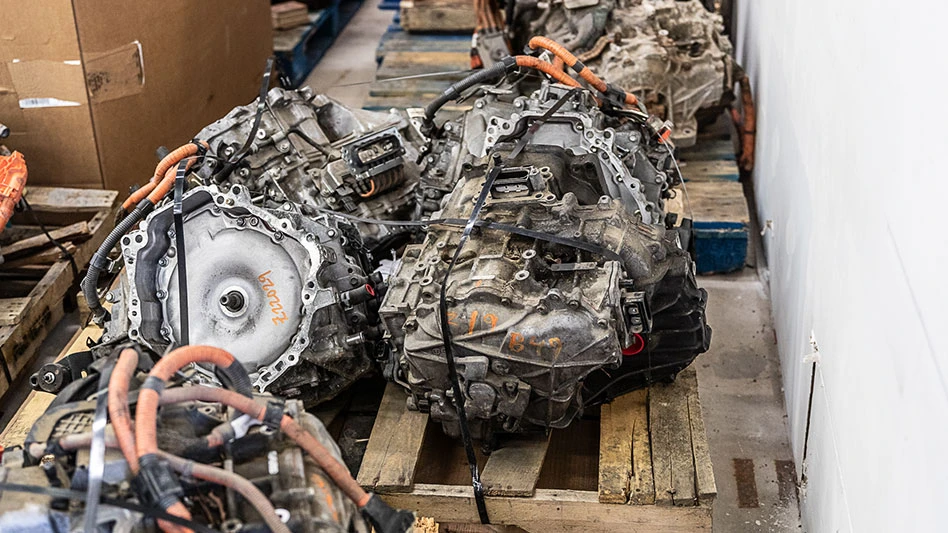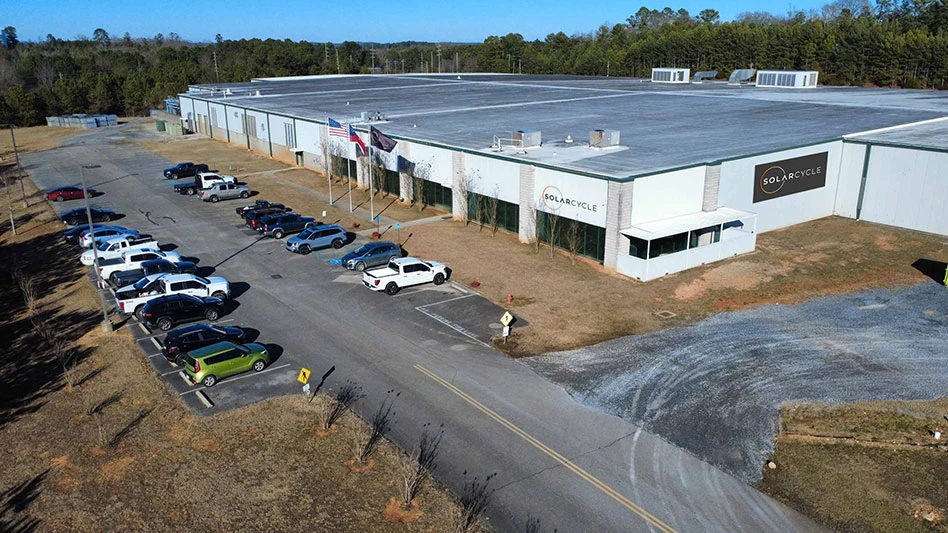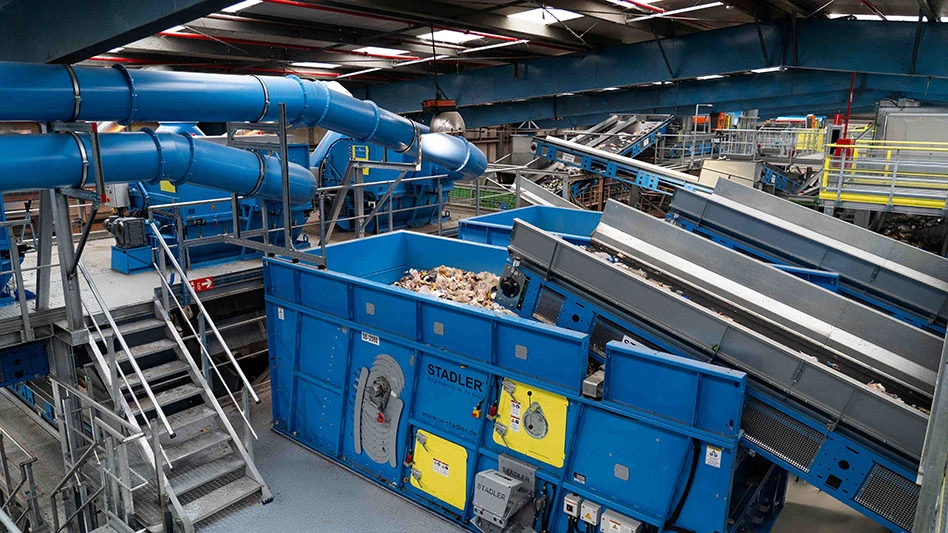
Following the U.K. government’s unveiling of a new Resources and Waste Strategy this week, several industry stakeholders say they support the new timeline to increase recycling rates and move away from food and plastic waste.
During the launch of the strategy at London-based Veolia waste management facility, Veolia’s Chief Technology and Innovation Officer Richard Kirkman said these steps have “clear potential to dramatically change the way the sector operates to increase recycling and recovery rates.”
“More recyclable materials can be collected for reprocessing into new products” with consistent collections and advanced facilities, he noted in a press release announcing the strategy.
“As a business we are ready to invest, to take advantage of new technology, build more infrastructure and work with brand owners and local authorities to harness resources on an industrial scale,” Kirkman said.
Paul Vanston, CEO of the Industry Council for Packaging and the Environment (INCPEN) commended Secretary of State Michael Gove, Environment Minister Therese Coffey and officials for their work leading up the Resources and Waste Strategy.
“The focus on whole-system changes is welcome including packaging reforms, consistency of councils’ household collections and ways to increase investment in recycling infrastructure,” Vanston said.
The strategy sets ambitious food and plastic waste goals, including eliminating food waste by 2030 with mandatory weekly food collections and eliminating avoidable waste by 2030 by streamlining recycling across England.
Research carried out by U.K.-based Business in the Community and Ipsos market research company shows consumers welcome action from business to help them reduce waste. Around 80 percent of people chose money-back incentives; dedicated spaces in shops to return used packaging and clothing; and loyalty points as the most popular actions from business when it comes to helping consumers reduce their own individual waste.
“2030 is a critical year if we are to ensure we have an environment in which business and communities can flourish,” Gudrun Cartwright, environment director at Business in the Community, said in the release. “The risks of inaction are enormous.”
“Business must now focus on setting targets to improve the productivity of resources...redesign how resources are used in products, services and operations, collaborate across organizations, value chains and sectors and report on progress to share learning and keep the momentum going,” he stated.
Chief Executive of the Environment Agency Sir James Bevan supports the U.K.’s strategy towards a circular economy. He noted the plan’s commitment to continue to shut down organized waste crime. Last year, 800 illegal sites and 93 prosecutions were carried out, according to the release.
According to the release, the strategy builds on existing government work to tackle waste, including a ban on microbeads in personal care products, a 5p plastic bag charge, which has taken more than 15 billion single-use plastic bags out of circulation and a £15 million pilot scheme for reducing food waste.
The government announced £8 million in funding for 8 new research projects that will explore new and different ways of making, using and recycling plastics, along with £20 million to tackle plastics and boost recycling.
Latest from Recycling Today
- Volatility wave hits copper pricing
- ArcelorMittal legal battle with Italy continues
- Altor program boosts EPS recycling
- IP to spin off non-North American operations
- Flexible Film Recycling Alliance report outlines progress
- RERF opens Avagliano award nominations
- Eriez expands European sales network
- Gränges increases sales volume in 2025





